Growing onions in Kenya is a lucrative venture to start right now. Larger percentage of onions production in Kenya today are consumed locally, the demand for onions in Kenya are not always met which hence call for more hands in onion farming area.
To start farming onions in Kenya, you will need a good cultivar of onion, a good and fertile soil, start planting early enough and prevent your onion farm from excess water and weed.
We will be taking out time to give you a step by step guide on how you can start your onion plantation in Kenya and all you need to know as a newbie in this area.
How To Grow Onions In Kenya Step By Step Guide
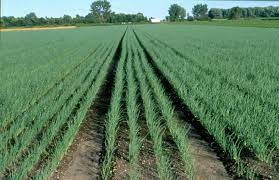
Following are ways you can start farming onions in Kenya with a step by step guide;
Step 1: Land Preparation for Onion Farming
In Kenya onions may be grown in sacks or directly in agricultural beds. This post will focus on the farm bed.
Clear The Farmland of weed
The initial stage in establishing a farm is to clear the land. Remove the weeds, shrubs, roots, and other undesired vegetation from the farm.
Read Also: How to Start Farming In Kenya [Beginners Guide]
They parked the grasses and gathered in one area in order to set it ablaze.
Utilizing Herbicides against weed
Following the clearance of your farms and the burning of the shrubs, you must then apply fungicides and herbicides.
You can also use systemic selective herbicides to suppress weeds in the farm area for at least three months.
Create A Bed/low-ribbed/ridges
The next step is to prepare an onion-growing media. During the dry season, you must develop low, mound-like ridges to establish a bed for your onions.
Ensure that the beds are short and close to the ground so that the seed receives the minimum quantity of water necessary for growth.
Including dung or animal droppings
Following the completion of the bed, the next stage in soil preparation is to apply manure to the beds so that the onions will develop swiftly and healthily.
You can add fertilizer in the appropriate proportion, and if you lack sufficient funds for fertilizer, you can use organic fertilizer.
Read Also: How To Start Farming With No Money {Beginners Guide}
Locate a nearby chicken, collect its droppings, and spread them on your farm’s beds at least two weeks before planting.
Step 2: Begin Taking care of your onion seedling
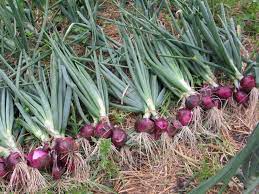
It’s time to start growing onion seedlings for transplanting when you’ve finished prepping the soil and farm. To accomplish this, perform the following steps:
Buy hybrid onion seeds from a farm store near you.
Then, go to a neighboring furniture store or Sawmail and collect the wood shavings, also known as “sawdust” in your area.
You’ll also need dried bird droppings.
You moistened the wood shavings with a little water after mixing them with the dry bird droppings.
Then, apply this mixture to the nursery path or trough where the seed will be cared for.
Create ridges with this mixture by placing it in horizontal lines 2 cm apart.
Then, arrange the hybrid seeds from the farm store in a random pattern on this tray and cover with a little sand.
Water the tray in the morning and evening, but do not water the lines where the onions are scattered.
This is due to the fact that onions do not require a lot of water; you only need to wet the bottom of your line.
This should be repeated for ten days. After only 10–15 days, most onion seedlings are alive and ready to be planted.
Step 3: Begin the Transplantation Process
The next step is to begin transferring your onions to the farm bed you’ve prepared.
Keep in mind that if you want to harvest your onions while they are still green, you should plant the seedlings 1cm deep with no space between them on the bed.
If you want to harvest while it’s dry, plant it 1cm deep and space it at least 2-3inches apart and 10-12inches between rows.
Observe temperature during nursing and after transplantation.
Guide To Nurse Onions
For maximum performance in the nursery, nurse at a temperature ranging from 20 to 25 degrees Celsius. After transplanting, keep the temperature between 15 and 30 degrees Celsius.
This is because higher temperatures are better for curing and bulbing.
For planting onions, choose a sand that does not retain water for an extended period of time.
Ensure that enough water volumes are supplied to the farm during the bulbing stage of onions.
Avoid excessive or clogged water in your onion farm.
To avoid onion bulb growing thick neck and excessive leaf, do not add fresh poultry droppings to the farm soil.
Make careful to weed the bed on a regular basis or apply chemicals.
To prevent weeds, utilize mulching to increase soil fertility while blocking underground weeds from receiving sunlight.
Spray your farm with fungicides to fight common onion illnesses such as Fusarium and Sclerotium.
Milthane, Oshothane, and Dithane are common fungicides.
Insecticides such as aphids, thrips, and whiteflies can be used to spray the farm against onion insects.
How Long Do Onions Take To Grow In Kenya?
It takes approximately 90 to 120 days for onions to reach maturation phase in Kenya.
What Is The Best Time To Plant Onions In Kenya?
It is advisable to start planting onions around October and December period and before full rain commence in February, your onions are already ready for harvesting.
How Much Is 1kg Of Onions In Kenya?
In Kenya today onions cost KES 107.83 per kg
Cost Of Onion Farming In Kenya
To start onion farming in Kenya, it will cost an average of KES 500 or more than.
Best Fertilizer For Onions Farm In Kenya
The best fertilizer to add to onions is the NPK fertilizer and it should be added in the 15:15:15 ration. If you cannot afford NPK, you can make use of poultry droppings or cow dungs.
Best Onion Varieties In Kenya
The most farmed onion varieties in Kenya include the bulb onions and spring onions. But other varieties include;
White Onions
Red Onions
Yellow Onions
Conclusion
To learn how to start farming onion in Kenya is easy, we have taken out time to list to you, all you need to know about onion farming and how you can start one in Kenya today. If there are additional information you require, you can drop comment via the comment section below.
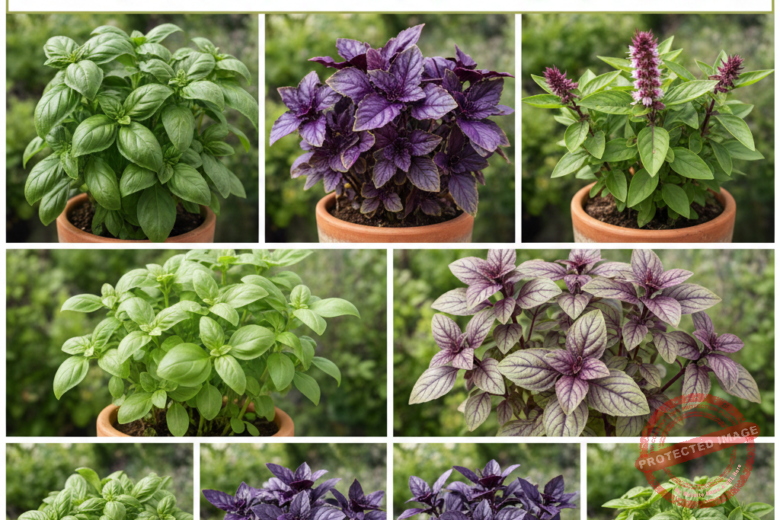
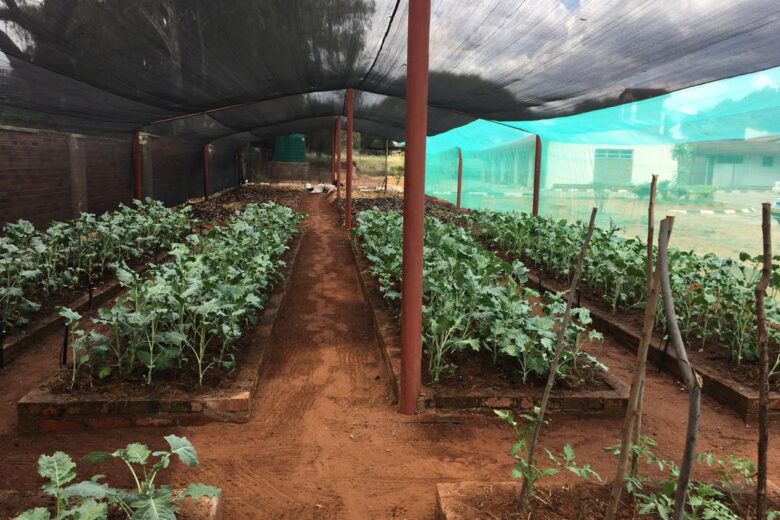
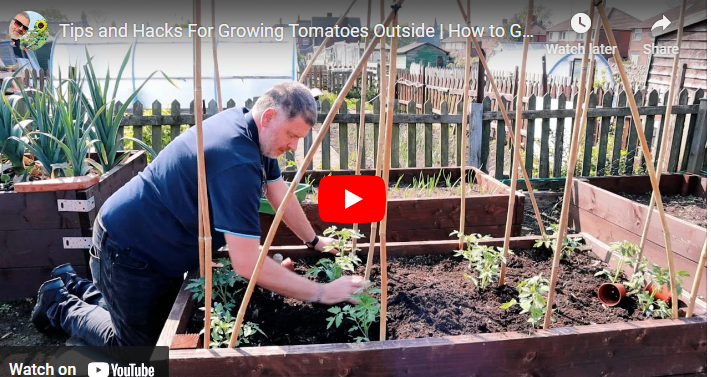
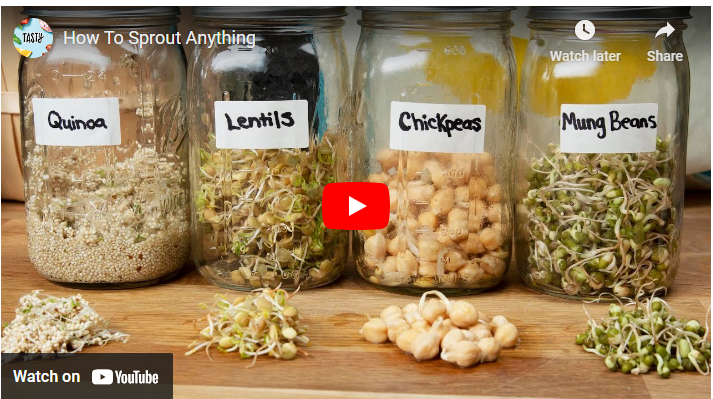
I would like to start up planting onions in kisumu west in kenya. Exact location being West Karateng, kindly advice as am a first timer with no farming experience
My advice to you as a new farmer is to do as much research as possible before starting, in which our platform has offer many tips on starting in Kneya. Learn about the soil, climate, and pests in the area in order to determine which onion varieties are best suited for the local environment. Additionally, plan ahead for the planting, harvesting, and marketing of the onions. Make sure to have a plan for the storage and sale of the onions, as well as the necessary supplies to maintain the onion crop. Finally, start small and learn as you go. Farming can be rewarding, but it is also a lot of hard work. Take your time and be patient as you start your onion farming business.
Thanks for the information on growing of Onions. My concern is the number of days in the nursery, stated above is 10 to 15 days.
Otherwise I’m grateful and ready to go.
You may share your thoughts as we have different strokes for different folks, others are reading and they’re learning as well
Very impressive,will be most glad if you share a PDF on my mail will appreciate.
Regards
Philip
Farmer makueni
We are glad you find this information useful, kindly drop your email so that we can forward it to you.